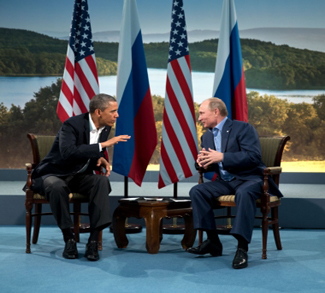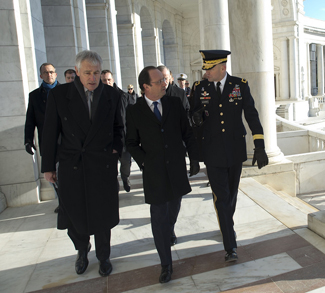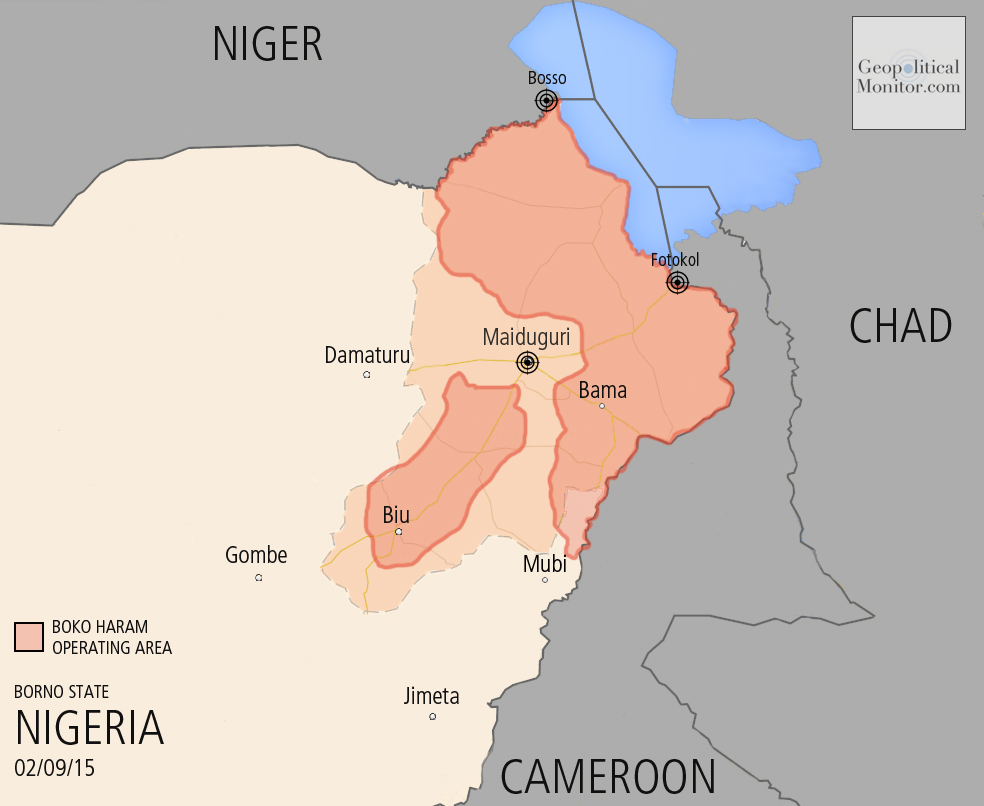Summary
While there has been much ado over the intensification of U.S. operations in Afghanistan and Pakistan, developments in South Asia have overshadowed another equally important development: President Barack Obama’s escalation of military operations on the African continent.
Analysis
Following in the footsteps of his predecessors George W. Bush and Bill Clinton, Barack Obama has continued to militarize U.S. foreign policy in Africa via AFRICOM (United States African Command).
Since its 2006 inception, African leaders suspected that AFRICOM’s security initiatives were a pretext for U.S. efforts in extending the war on terror, securing oil, and countering China’s growing influence in Africa. AFRICOM responded with PR stints emphasizing the altruism of their security and sustainable economic development initiatives in the name of democracy, and AFRICOM Commander Gen. William Ward assured his African peers in early 2008 that AFRICOM “will maintain a light footprint in Africa”.
President Barack Obama echoed such sentiments during his July 2009 visit to Accra, Ghana, stating that in the wake of security challenges (i.e. genocide and terrorism), which has scarred much of Africa, “Africa Command is focused not on establishing a foothold in the continent, but on confronting these common challenges to advance the security of America, Africa and the world.” Such rhetoric affirmed the widely held belief that Obama’s foreign policy approach to Africa would be less unilateral and militaristic than his hawkish predecessor.
However, the recent expansion in U.S. military activity in Africa, facilitated by the State Department’s budget request, indicates that Barack Obama is continuing a policy that has typified the U.S.’ approach to Africa since the Clinton administration in the 1990s, and was amplified by the Bush administration after 9/11.
The State Department budget request – which includes funding for all US arms sales, military training, and other security assistance programmes – proposes major increases in funding for US arms sales to a number of African countries through the Foreign Military Financing (FMF) programme. The budget proposes to increase FMF funding for sub-Saharan African counties more than 300 per cent, from just over US$8.2 million to more than US$25.5 million.
The same trend is evident in the Obama administration’s request for funding for the International Military Education and Training (IMET) programme. The budget request for the IMET programme proposes to increase funding for African countries by nearly 17 per cent, from just under US$14 million to more than US$16 million.
The Obama administration also proposes major new funding for security assistance provided through the Peacekeeping Operations programme. The 2010 financial year budget proposes to increase funding for the Trans-Sahara Counter-Terrorism Partnership – from US$15 million in the 2009 financial year to US$20 million in 2010 – and for the East Africa Regional Strategic Initiative from US$5 million in the 2009 financial year to US$10 million in the 2010 financial year.
Aside from an increase in its budget, the U.S. has increased its military activity across the continent, in particular Somalia, where drone strikes are still used against alleged al-Qaeda operatives. U.S. military support is also evident in the Congo, Mali, Nigeria (where militants such as MEND continue to disrupt oil production in the Delta region, which constitutes 10% of the U.S.’ oil supply), and as of late Yemen.
Thus it is evident that instead of going the route of multilateralism in Africa, and enganging with other states that have a stake in Africa (such as China) President Obama will continue to throw the weight of the U.S. military at the continent in order to curb terrorism, secure oil, and protect economic interests.
Marsha Reid is a contributor to Geopoliticalmonitor.com



